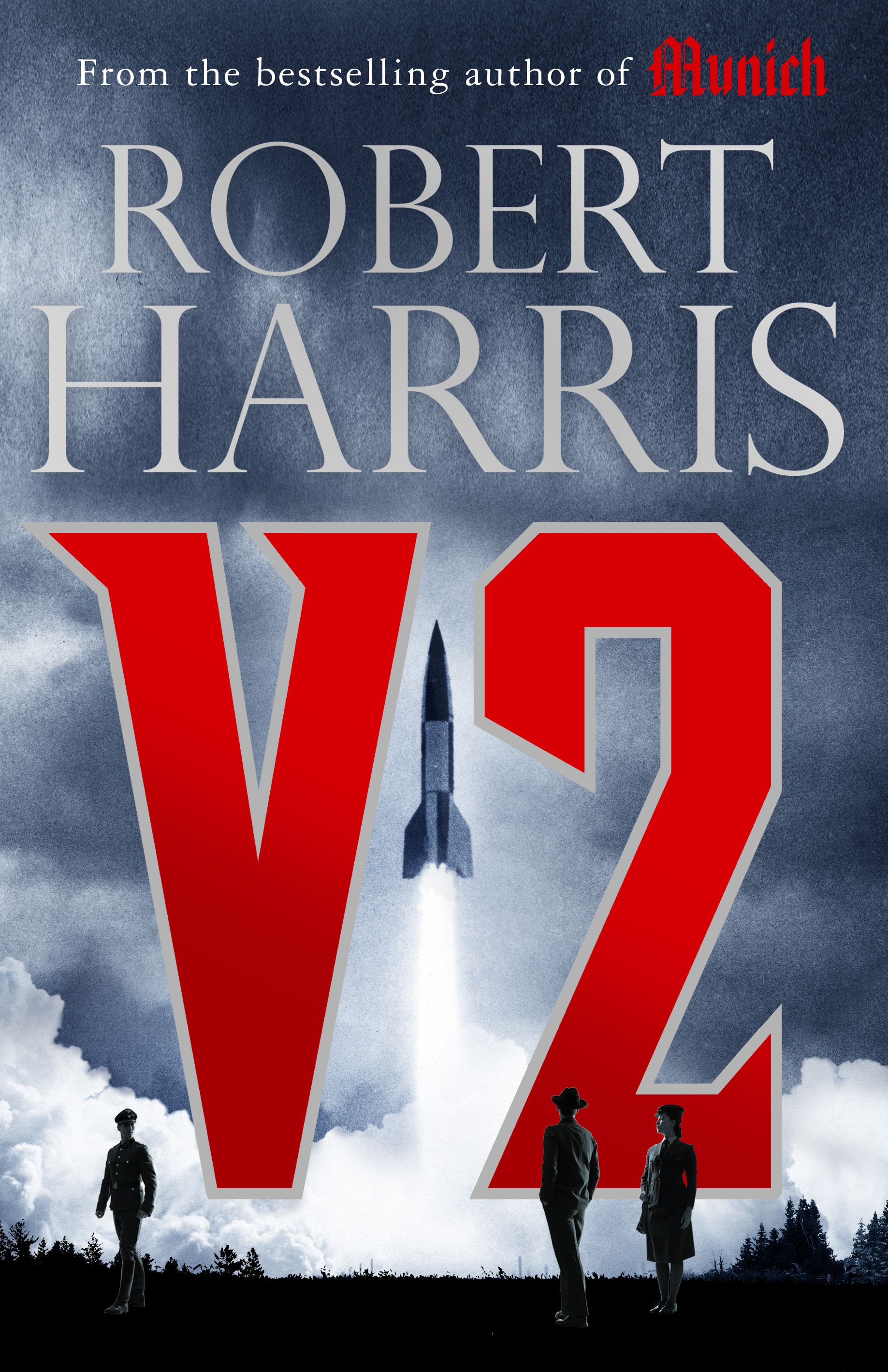I don't mind reading a badly-written book now and then. Bad books make me feel good about my own writing.
And then along comes a book such as V2, by Robert Harris, which I loved so much I almost wanted to give up writing. Almost.
I've been a big Harris fan since his first and probably best-known novel, Fatherland, set in a what-if world where the Germans won the second world war. It was brilliant, which is not to say he peaked with his first book (an author's nightmare).
He's a very diverse writer whose books have ranged from deep dramatisations of the Roman empire to nineteenth Century French politics and even Downing Street shenanigans in his excellent work, The Ghost (filmed at the Ghost Writer) about an author who is commissioned to write a former British PM's memoir. (Top tip: I actually found that book to be very handy in my own work as a ghost writer).
My favourite Harris books are those set in or around the war years (and I'd lump Fatherland into that category). His novel Enigma, also made into a jolly good movie with Kate Winslett, and his recent dramatisation of the dark days leading up to the start of WWII, Munich, are fascinating and gripping.
And now to V2, a beautifully written and pacy thriller based loosely on real life. Near the end of the war after spending billions of Marks in R and D (and causing the deaths of tens of thousands of slave labourers) the Nazis began launching V1 and V2 rockets at targets in England and Allied-liberated continental Europe.
These vengeance weapons, the precursors of today's Cruise Missiles and NASA space rockets, arrived too late to alter the course of the war, but they literally shook up London, whose residents had thought they had survived the Blitz. Thousands of homes were destroyed and about 4.500 people killed, including 150 shoppers at once in a London department store. To this day my mother-in-law vividly recalls being knocked flying in a V2 near miss.
Scrambling to find a way to stop the terrifying new technology of a ballistic missile, the British military snatches at an idea that mathematics can be used to calculate where the V2 rockets are being launched from.
Plucky Kay Caton-Walsh is a Women's Auxiliary Air Force (WAAF) officer who gets herself attached to a group of other brainy WAAFs, who are dispatched to liberated Belgium. There they'll wait for a V2 to be launched, just 70 miles away, and using a radar intercept and slide rules they'll calculate the arc of the missile's flight backwards from where it hits London, to where it's launched, somewhere in Holland.
Meanwhile we're given an insight into the ethics of the use of cutting-edge science to cause mass destruction through the eyes of war-weary Dr Rudi Graf, a fictitious chum of the real life architect of the vengeance rockets (and later the Apollo moon landings), Werner von Braun.
Kay and Rudi both engender deep empathy - she for her dedication and professionalism in the face of institutionalised chauvinism (and a bit of mean-girl bitchiness), and he for his own internal battle with his conscience.
The tension builds as the Nazis get wind of what the WAAFs are up to and Rudi's ordered to point his missile at another bunch of boffins
V2 is as good as thriller writing gets. This story has it all - men and women behaving badly, spies, spitfires, sex and science. I'm a slow reader, but I finished this one all too quickly - I did not want it to end. Harris' descriptions of wartime London and Belgium are spare and spot on, and the tension builds in a delicious, simmering, slow-cooker way to a heartily satisfying ending.
Here's another tip - if you want to write, read. Bad novels may encourage you by making you feel good about your writing, but stories like V2 will give you something to aim for - a 5 out of 5.
Published by Penguin
Tony Park




No comments:
Post a Comment